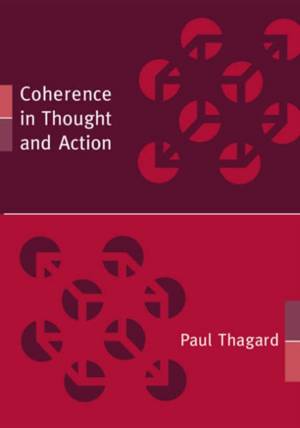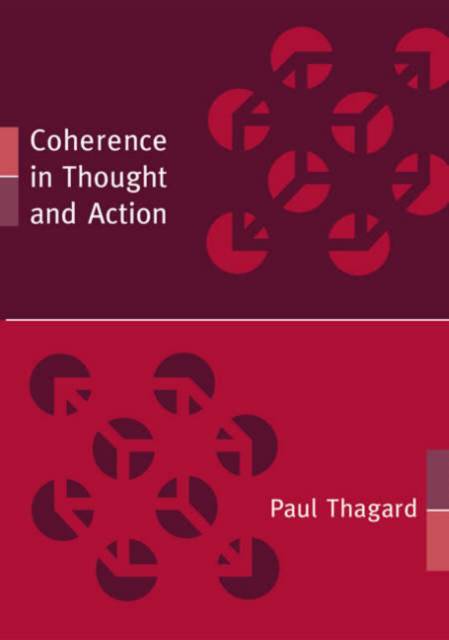
Je cadeautjes zeker op tijd in huis hebben voor de feestdagen? Kom langs in onze winkels en vind het perfecte geschenk!
- Afhalen na 1 uur in een winkel met voorraad
- Gratis thuislevering in België vanaf € 30
- Ruim aanbod met 7 miljoen producten
Je cadeautjes zeker op tijd in huis hebben voor de feestdagen? Kom langs in onze winkels en vind het perfecte geschenk!
- Afhalen na 1 uur in een winkel met voorraad
- Gratis thuislevering in België vanaf € 30
- Ruim aanbod met 7 miljoen producten
Zoeken
Omschrijving
This book is an essay on how people make sense of each other and the world they live in. Making sense is the activity of fitting something puzzling into a coherent pattern of mental representations that include concepts, beliefs, goals, and actions. Paul Thagard proposes a general theory of coherence as the satisfaction of multiple interacting constraints, and discusses the theory's numerous psychological and philosophical applications. Much of human cognition can be understood in terms of coherence as constraint satisfaction, and many of the central problems of philosophy can be given coherence-based solutions. Thagard shows how coherence can help to unify psychology and philosophy, particularly when addressing questions of epistemology, metaphysics, ethics, politics, and aesthetics. He also shows how coherence can integrate cognition and emotion.
Specificaties
Betrokkenen
- Auteur(s):
- Uitgeverij:
Inhoud
- Aantal bladzijden:
- 330
- Taal:
- Engels
- Reeks:
Eigenschappen
- Productcode (EAN):
- 9780262700924
- Verschijningsdatum:
- 26/07/2002
- Uitvoering:
- Paperback
- Formaat:
- Trade paperback (VS)
- Afmetingen:
- 125 mm x 198 mm
- Gewicht:
- 331 g

Alleen bij Standaard Boekhandel
+ 135 punten op je klantenkaart van Standaard Boekhandel
Beoordelingen
We publiceren alleen reviews die voldoen aan de voorwaarden voor reviews. Bekijk onze voorwaarden voor reviews.









